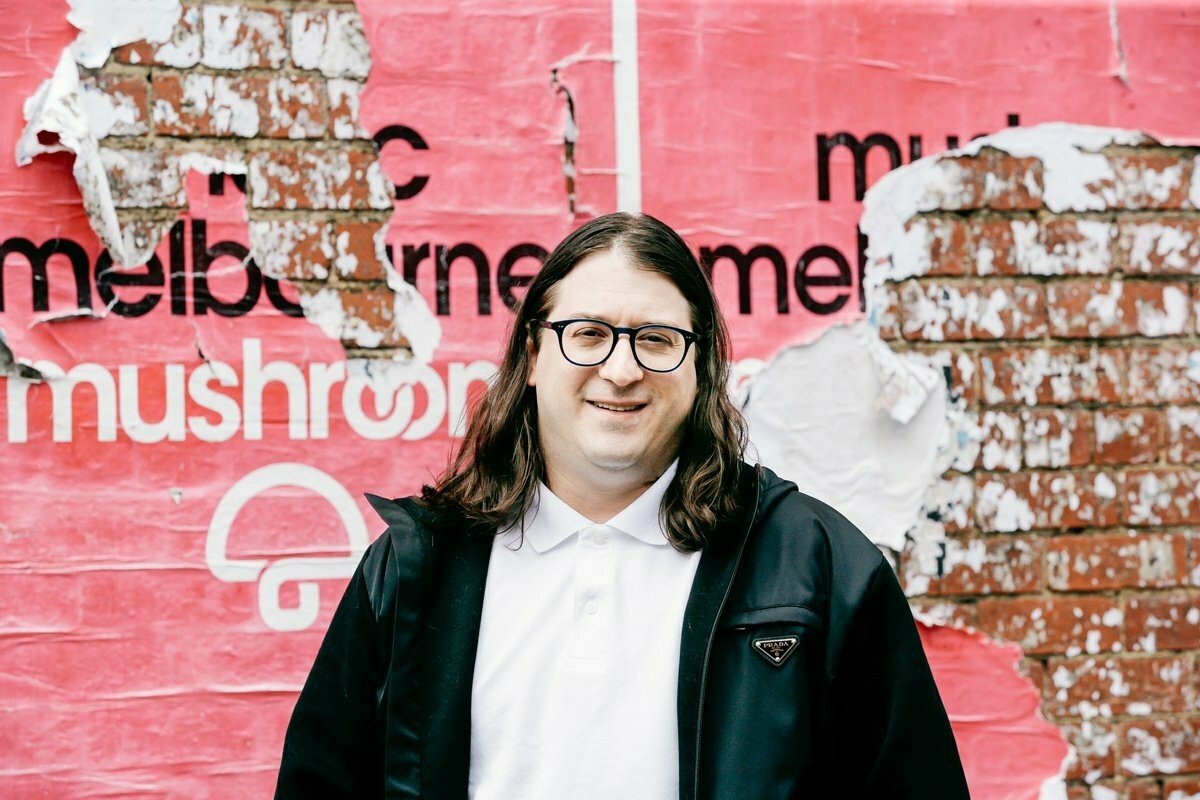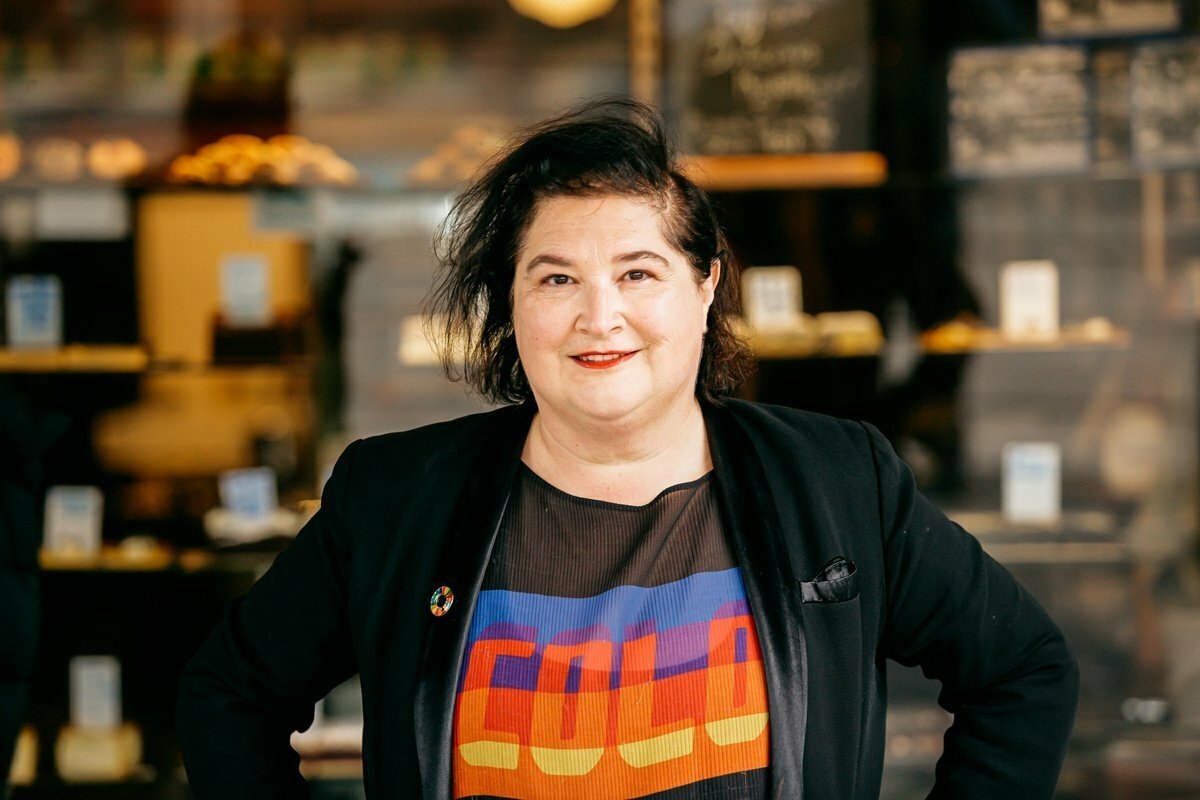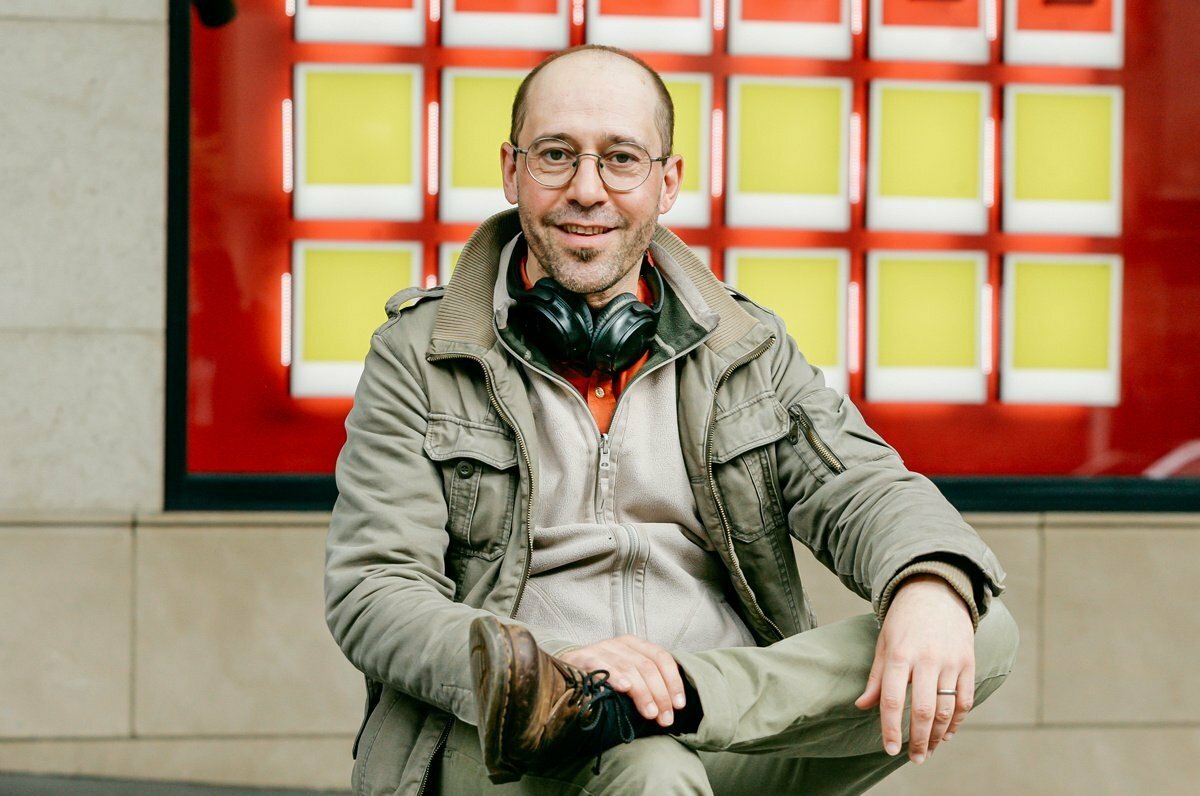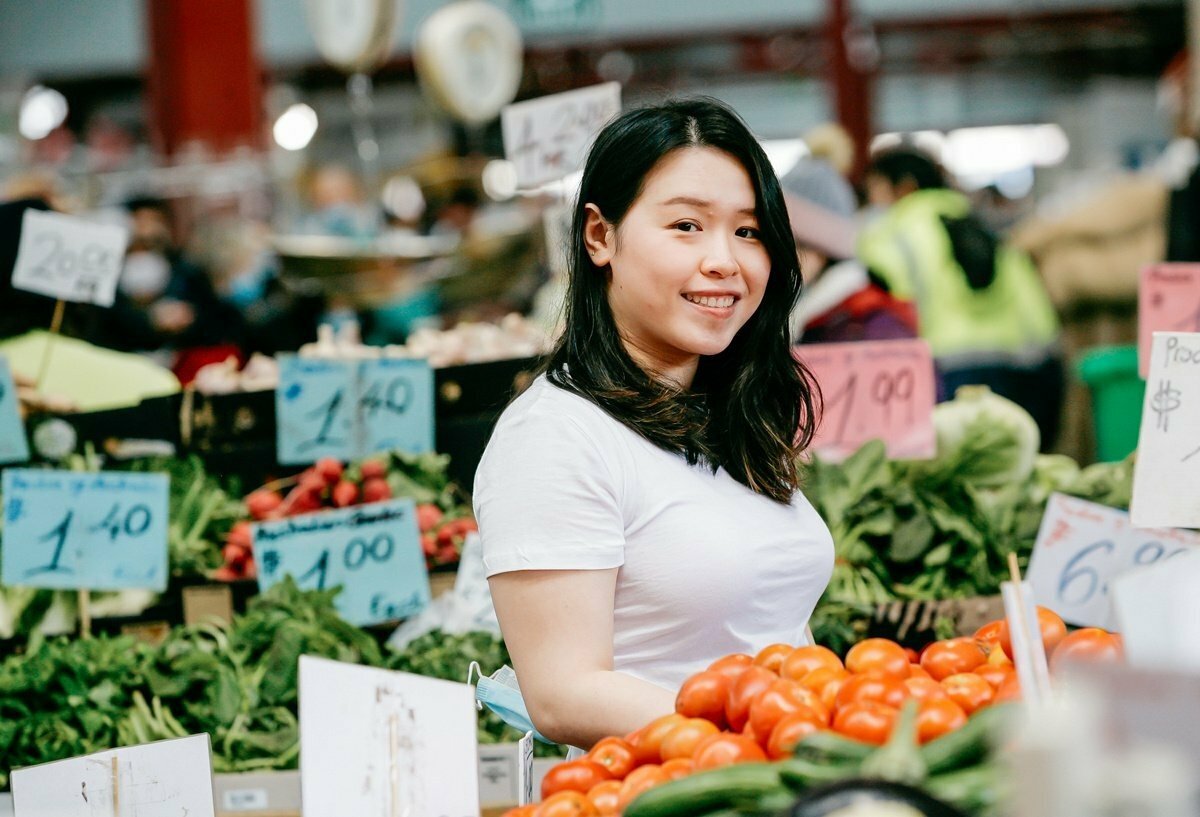‘Don’t give up’: 262 days of working in lockdown in Melbourne
09 nov. 2021 - mis à jour le 06 déc. 2021
5min
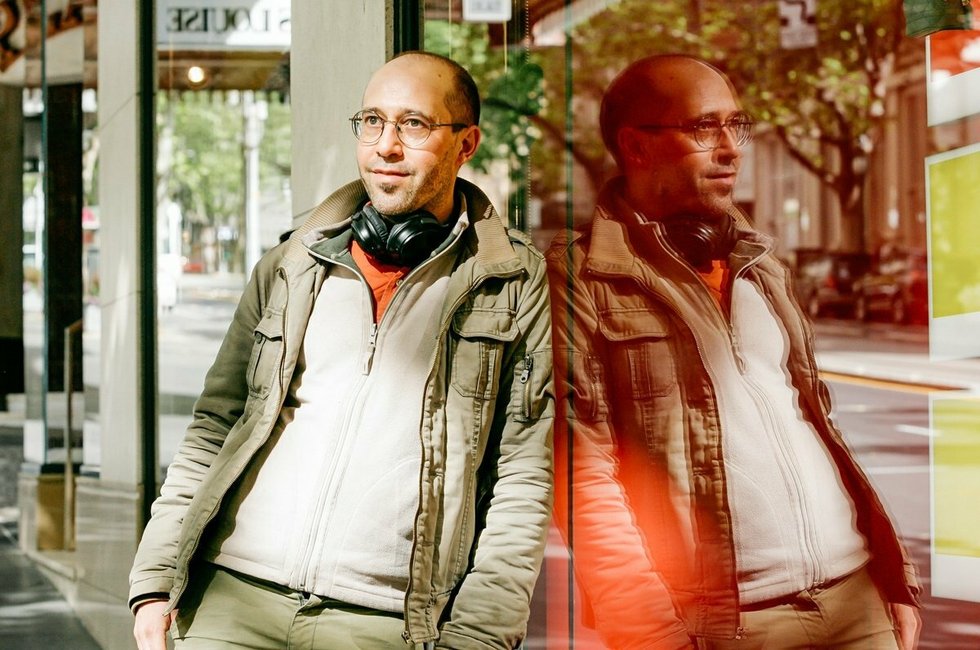
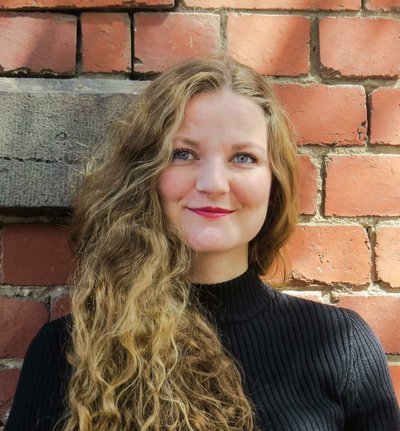
Journaliste basée à Melbourne
On October 21, at 11.59 pm, the city of Melbourne in Australia ended 262 days of lockdown. It’s a sad world record for its 5.1 million residents, each dealing with this prolonged period of isolation in their own way. While many workers’ productivity dropped and anxiety levels went up, others seized the opportunity to innovate or tried to get to know themselves better. Four professionals – an employee, an entrepreneur, an intern, and a CEO – share how this exceptional moment in time has changed their relationship with work, and with themselves.
‘I had no choice but to deal with it’
Matt Gudinski, CEO of Mushroom Group, 36
When the first lockdown was announced, things got particularly tough for Matt. The music industry was hit hard by the health restrictions brought in Melbourne in March 2020. Matt was then executive director of the Mushroom Group, Australia’s largest independent music and entertainment company, founded by his father, Michael Gudinski, 48 years before. “The very beginning of lockdown was a bit frightening. Most of the people around me were devastated and were having a hard time adjusting. All of that made it much harder for me to stay productive, and we had a lot to do. But at the same time, this is a family business, so I had no choice but to stay motivated despite the stress.” And he bounced back quickly. On April 25, 2020, Matt and his father launched Music from the Home Front, an online concert featuring dozens of Australian artists, warming the hearts of those in lockdown. The event re-energized him, but the isolation still weighed heavy. “The hardest thing for me at that time was not being able to meet my contacts in person. It’s part of how I work, and it’s part of the culture of Mushroom Group, which is very community-oriented.”
In March 2021, 12 long months after the beginning of the restrictions in Melbourne, and in the middle of a grey autumn, his father, Michael, died suddenly. Matt became CEO and began his new role during yet another lockdown, the fourth in a series that seemed to be never-ending. “Dealing with the pandemic on my own, and not being able to work alongside my father, was extremely hard. But once again, I couldn’t give up; I had no choice but to deal with it.” While these long months have affected him, he’s trying to find the silver lining: he’s been able to get away from the frantic pace of the music industry, take a step back and continue to innovate.
‘If I had to work like this for the rest of my life, I’d probably have a nervous breakdown
Rita Arrigo, digital strategist, 54
Seeing how full of joy and humor she is, it’s hard to believe that Rita has had problems with anxiety in recent months. What she loves most is meeting people from all over the world to exchange ideas. Since March 30, 2020, and the almost total closure of Australian borders – with the exception of a few people who were able to sneak in – this notion has become an unattainable dream, at least in person. “It has been very frustrating not to be able to meet people from overseas all the time and to see only those who live in Melbourne during the free periods between lockdowns. It’s dangerous to live in isolation. If I had to work like this for the rest of my life, I’d probably have a nervous breakdown.”
During the first lockdown, Rita realized the need for in-person meetings. She suggested to her colleagues that they meet in parks, which improved their communication. But as the months went on, they lost the habit, which messed up her work-life balance. *“I’d never worked so hard, mainly because there was nothing else to do. Last year, during the first lockdown, I would go for walks around my neighborhood or work out. It was easy to keep busy. But after a year and a half, walking around the same block every day got really boring. I found it harder and harder to relax.” To keep her spirits up, Rita did what she does best: innovate. In September, she started posting TikTok videos on technology, teaching people how to continue learning despite their significantly reduced attention span. Along with a colleague, she led a virtual meeting using avatars and augmented reality, making it feel like she was in the office IRL. However, she still believes that while ”technology can improve remote working, nothing can replace being there in person.”*
‘I was drowning emotionally, so it was crucial that I make peace with myself and cut down the number of hours I worked’
Julien Leyre, writer, social entrepreneur, and educator, 43
When we talked to Julien about the lockdown (which was ongoing at the time of our interview), the Frenchman did not mince his words: “It’s been horrible.” He’s a human Swiss army knife, and while he’s an extrovert in life, he’s solitary at work. This social entrepreneur had been compensating for this for years by working in lively environments, ranging from parks to cafés. With the announcement of Melbourne’s Covid restrictions, which allowed places supplying basic necessities to remain open but prohibited sitting outside for prolonged periods, he had to say goodbye to outdoor stimuli for seven straight seasons in a row – much to the detriment of his productivity. “I advise and collaborate with social entrepreneurs around the world, but I don’t have any actual colleagues, so I don’t chat on Slack, for example. My productivity feeds off the outside world; working in a park while practicing social distancing would have changed things. And while I understand why there were restrictions, I was frustrated that there hadn’t been more discussion about it.”
This lack of productivity was accompanied by anxiety around one of his battles at work: the fight against global warming. *“I work on complex, emerging projects, ones that can cause anxiety for the people involved because they present a real urgency. It feels like if you stop, everything will fall apart.” During the first near-global lockdown, Julien began to suffer from low mood. As winter, spring and summer came and went, he tried to create new habits – which worked temporarily. As another winter ended in the southern hemisphere in August 2021, and yet another curfew was announced, He realized that he was drowning emotionally. He began a deep healing process of meditation, self-compassion, and chakra work. As he’s self-employed and makes his own schedule, Julien lightened his workload and decided to take a month’s “vacation” at home to devote himself to working on personal projects. ”The lockdown ended up teaching me how to rest – which is something I’d needed to do for a long time – as well as how to accept my own limitations.”
‘I became more resourceful. Why not start my own company?’
Ashley Keung, social network and digital marketing intern, 25
Ashley, who’s from Hong Kong, took advantage of working remotely to accelerate her professional education. Upon arriving in Australia to study at the start of the first lockdown, in March 2020, she approached her internship adviser on LinkedIn. “If you want to find a job, you have to be brave and contact people on your own. Quite often, if they see you’re motivated, they won’t hesitate to give you a chance.” Because of the lockdown, she could only talk to her manager through calls and emails. And while it often took them several hours to respond to her questions, Ashley didn’t see this as an obstacle in her education – quite the opposite. “I had more time to find the answers on my own and take in the new knowledge more thoroughly. In normal circumstances, I’d have done this type of research outside work hours.”
In the evenings after work, Ashley often spent an extra hour coming up with new ideas. Like most workers in lockdown, however, she was not immune to dips in her motivation levels. “If I didn’t have clear deadlines, or didn’t stick to my routine, I could be a bit overwhelmed by distractions.” The isolation also affected her professional relationships: although she was sociable, her exchanges and contact with her colleagues remained relatively formal because of the distance. She didn’t always talk about her problems and anxiety with her friends, who were also overwhelmed by the situation. So all that time she would normally have spent socializing, she put towards work and pursuing new career possibilities. “I’ve seen a lot of people open businesses, and then the thought crossed my mind, ‘Why don’t I do that myself?’”
Translated by: Kalin Linsberg
Photo: Welcome to the Jungle
Follow Welcome to the Jungle on Facebook, LinkedIn, and Instagram, and subscribe to our newsletter to get our latest articles every day!

Inspirez-vous davantage sur : Crise covid
Crise covid
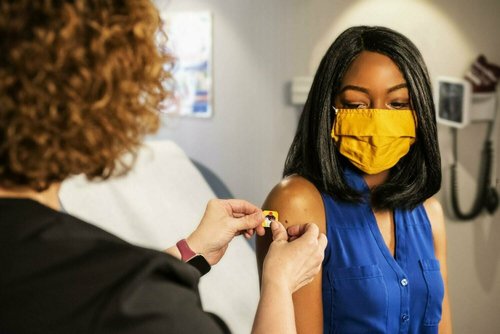
Debate: Should we mandate vaccines in the workplace?
We asked two bioethicists to help us unpack the arguments on both sides and explain the ethical principles underpinning our public-health policy.
01 mars 2022
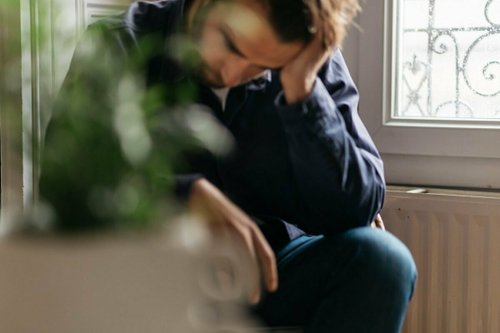
Surviving the pandemic without government support
UK workers who were excluded from government support tell us about their year without work or income.
16 juin 2021
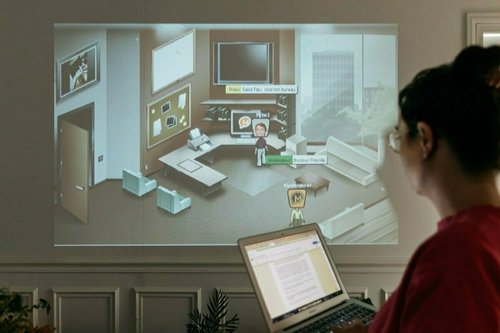
How the pandemic is driving a virtual tech boom
As the pandemic has accelerated the rise of remote work, it has also advanced the development of virtual technology, shaping the future of work.
08 juin 2021
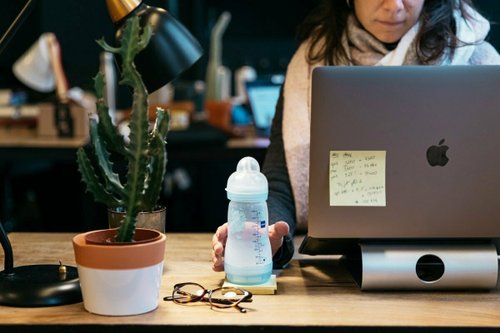
How Covid is destroying the careers of mothers
Among Covid-19's countless victims are the careers of women forced to make the choice of leaving their jobs to care for their children and families.
22 avr. 2021
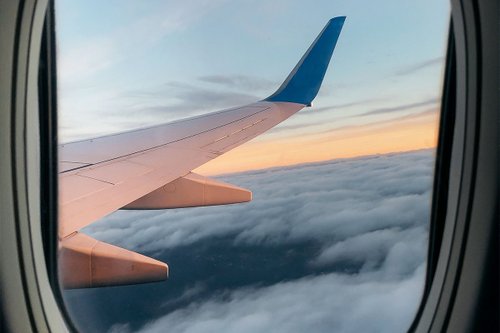
Business travel: the view from the ground
Airlines are hopeful that business travellers will take to the skies again soon, but is that realistic?
10 mars 2021
La newsletter qui fait le taf
Envie de ne louper aucun de nos articles ? Une fois par semaine, des histoires, des jobs et des conseils dans votre boite mail.

Vous êtes à la recherche d’une nouvelle opportunité ?
Plus de 200 000 candidats ont trouvé un emploi sur Welcome to the Jungle.
Explorer les jobs
